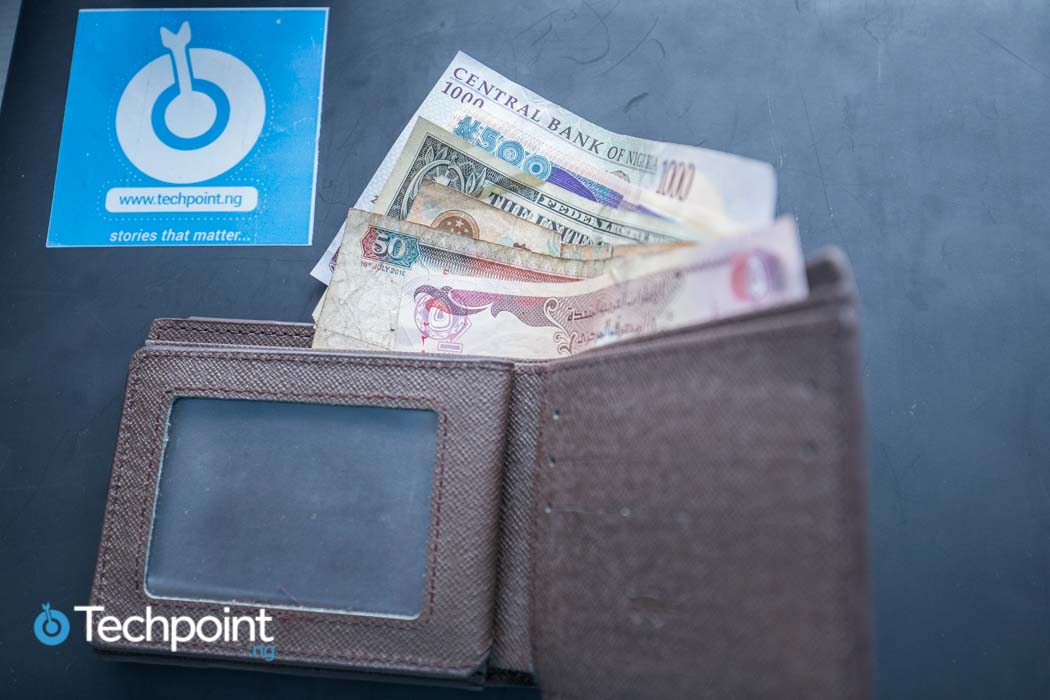Governance & Policy
Regulations, laws, directives and policies, that affect African startups, the financial sector, telecoms, cyber security, among others. It’s unpredictable nature either enables, stifles or is neutral on innovation
Top stories

A steering committee has been appointed to drive the digital identification of Nigerians, but unresolved issues raise several questions about its relevance.

Based on a proposed change to its laws, Kenya wants to give its Apex bank the right to supervise digital lending apps. The aim is to limit the emerging predatory practices by several of these digital lenders

Techpoint Africa has met all requirements for the Nigeria Data Protection Regulation (NDPR) released by the National Information Technology Development Agency (NITDA). We outline the process here.

Nigeria’s Finance Minister, Zainab Ahmed, recently mandated foreign companies to pay an income tax as long as they get paid for services rendered in the country. Techpoint Africa legal and policy columnist, Enyioma Madubuike shares insights on the decision

Nigeria’s apex bank has released a regulatory sandbox framework for both new and existing fintech companies. With the proposal, new fintech products might have to be tested and approved before a full market launch.

Kenya’s revenue authority has set up a unit to track revenues from every digital transaction. With its economy under threat, it wants to track every online transaction in its quest for recovery.

The ECOWAS court has declared the Togolese Republic’s Internet shutdown of 2017 illegal. It has ordered the government to pay a $3400 fine, and enforce measures to protect the rights of its citizens.

Nigeria’s telecom regulator has unveiled its strategic plan for 2020 to 2024. As we discovered, it plans to facilitate emerging technologies and regulate OTT services like Facebook, WhatsApp, and others

As part of its post-pandemic economic sustainability plan, Nigeria wants to create over one million tech-related jobs and establish payroll support to critically affected startups and SMEs among other initiatives.

In line with the provisions of its Finance Act, Kenya, the economic powerhouse of East Africa, is trying to widen its tax base to include digital services like Google, Netflix and all online transactions.

Nigeria’s taxman, FIRS, has finalised plans to integrate a technology solution (API) that will verify the accuracy of taxes paid by telecom operators. What could this mean for businesses in the future?

A few months after successful trials in three major cities, the Nigerian Communications Commission has started working on a policy for the deployment of 5G in Nigeria, but actual implementation might still take a long time

Ghana’s National Communication Authority wants to implement new pricing measures, that will reduce MTN’s dominance and promote competition in the country’s telecom space.

The Nigerian Broadcasting Commission released an amendment to the 6th edition of its broadcasting code that could bring an end to exclusive content on iROKOtv, Netflix, and PayTV platforms airing in Nigeria.

The Internet is regarded by the UN as a basic human right, but several Africans on the Internet are closely monitored and sometimes arrested. We take a look at African countries with various forms of Internet censorship.

In keeping with recent actions by some African governments, the East African nation of Burundi has reportedly blocked access to WhatsApp, Facebook, Instagram, and Yahoo as election tensions rise.

From Internet shutdowns to the monitoring of Internet activity and subsequent arrests for comments on social media, the fight against the pandemic in Africa seems to be making digital rights violation a necessary evil.

As NITDA requires all public institutions holding or processing personal data to securely digitise all personal databases within 60 days, we review existing setbacks and the possibility of meeting such deadline

Before now, the Nigerian federal government’s directive on Right of Way charges for laying of broadband cables has been largely floundered by state governments. Ekiti state sets the pace in adhering to the order

The Ugandan government is proposing strict regulations for regular bodaboda and taxi operators in the city, a move that will see them operate under the likes of SafeBoda, Uber, and Bolt. What effect could this have?
